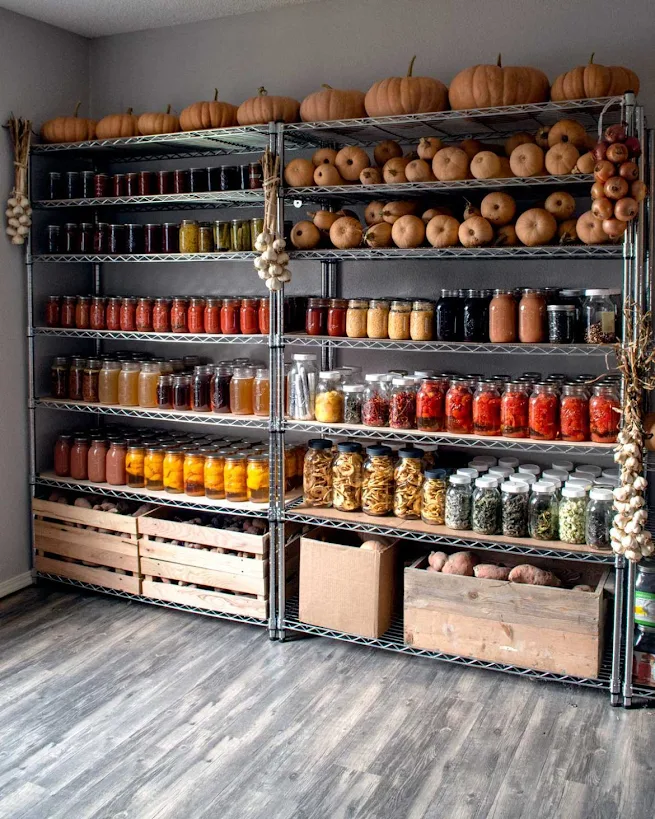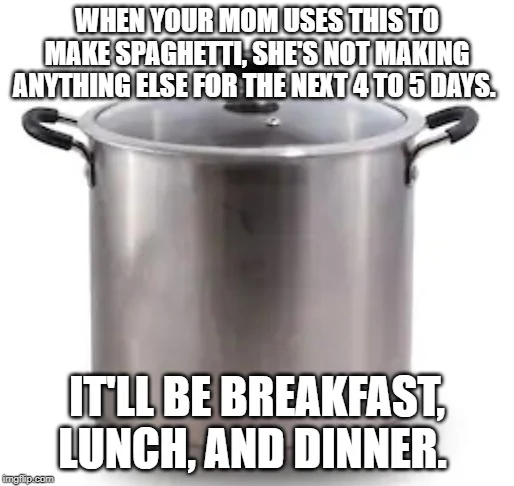In our modern world, we’ve become accustomed to the convenience of grocery stores always having the foods we want, whenever we want them. But what happens when supply chains are disrupted, a disaster hits your area, or you just want to reduce your reliance on corporations and government? Having a selection of shelf-stable foods can provide a valuable sense of security and self-reliance. Fortunately, there are many nutritious foods that can be stored for extended periods with minimal effort.
Below is a checklist highlighting some of the best options to consider. Long-Lasting Foods Checklist ☐ Dried Beans and Legumes
Dried beans, lentils, peas, and other legumes are an excellent source of protein, fiber, and complex carbohydrates. Stored in airtight containers, they can last for many years.
☐ Whole Grains
Whole grains like wheat, oats, quinoa, and rice are filling, nutrient-dense, and have a much longer shelf life than their refined counterparts. Buy them in bulk and store in airtight containers. ☐ Canned Goods
Canned fruits, vegetables, meats, and fish can last for years if kept in a cool, dry place. Look for BPA-free cans and opt for low-sodium or no-salt-added varieties. Better yet, can foods you have grown or prepared yourself. ☐ Dried Fruit and Nuts
Dried fruit and nuts make excellent snacks and add nutrition to meals. They can be stored for up to a year in airtight containers. ☐ Honey
Honey is one of the few foods that never spoils. Keep it in a sealed container, and it will last indefinitely. ☐ Dried Pasta
Dried pasta can last 1-2 years when stored in an airtight container. ☐ Powdered Milk
Powdered milk can last 1 - 2 years, making it a great alternative to fresh milk.
☐ Shelf stable tofu
Tetra box tofu is good up to 12 months
☐ Dehydrated foods
Fruits and vegetables: 1-2 years, and Meats: 1-2 years
☐ Olive oil
Unopened olive oil can last for about 18 to 24 months. Once opened, it is best used within 6 to 12 months for optimal flavor and quality.
☐ Vinegar (White and Apple Cider)
Vinegar can last indefinitely, but quality may degrade after 2-3 years. It’s a versatile ingredient for cooking and preserving.
☐ Salt, Spices, and Herbs
Properly stored, salt, spices, and dried herbs can maintain their flavor for years. They’re essential for adding taste and nutrition to your homemade meals.
☐ Long-lasting fresh foods
Some fresh foods store very well for long periods of time outside of the fridge. Garlic and winter squash are two that come to mind. Both will last for months with proper storage conditions.
Still more foods need to be refrigerated, but will last a long time. In this category are foods like eggs, cheese, miso, and kimchi.
By stocking up on these long-lasting foods, you can gain a sense of independence and control over your food supply.
The key for long-term pantry storage is keeping foods in a cool, dry, dark place and using airtight containers to prevent moisture and pests.
Potency/quality of most foods will be diminished over long periods of time, but the food may still be palatable. As usual, look-smell-taste before using.
Prioritize self-reliance over convenience, and you’ll be well on your way to a simpler, safer, and more fulfilling life. What are your favorite storage foods? Let us know in the comments below.









